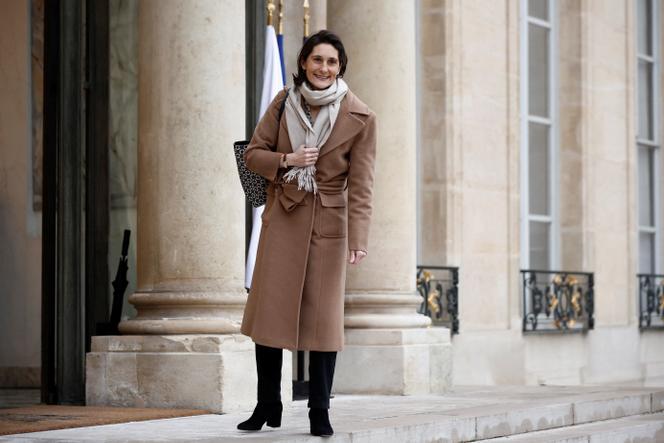


Amélie Oudéa-Castéra's appointment as head of a superministry for national education, youth, sports and the Olympic and Paralympic Games is quite a promotion for the former professional tennis player. Ranked fifth in the protocol order and holding the distinction of being the first woman in this hierarchy, "AOC" is also the first former athlete to reach this level of responsibility.
However, beyond this personal accolade, this appointment raises questions: will the minister with expanded responsibilities be able to effectively manage two presidential priorities at the same time? And what does this double role indicate about the sports policy that new Prime Minister Gabriel Attal's government intends to implement?
It's hard to imagine AOC ducking out of the organization of the Games. Firstly, because much remains to be done (in terms of transportation, security, etc.). Secondly, if the event is a success (in terms of organization, popular support and sporting results), it could be a new political springboard for her.
Will AOC call for a junior minister? Nothing is less likely, as AOC has stated on X that she will "pursue with equal commitment my efforts for the success of the Games and the construction of our sporting nation."
So, how is she going to be in two places at once? Prudent, she warned on Friday that her roadmap at the Ministry of Education was well-defined: to follow the course set by Attal before his departure to become prime minister. Her goal is to promote "the long-awaited synergies around sport, school and youth."
Bringing sports and education closer together is certainly nothing new. In the past, Lionel Jospin and Jean-Michel Blanquer have both held both roles. There are many bridges between the two ministries. AOC's fervent advocacy for 30 minutes of daily physical activity in primary schools, despite its lukewarm reception among educators, highlights her commitment. She wants to make the role of sports in schools "one of society's fundamental issues."
However, there is another way of looking at this appointment. It's fair to wonder which is swallowing which, the Ministry of Sport (David) or the Ministry of Education (Goliath). The discontented are making their voices heard. The teaching community is strongly opposed. "We're going to have a part-time minister," "education is going to take a back seat," the unions have argued.
Sports stakeholders, for their part, are no more reassured. With six months to go before the opening ceremony of the Games, many in the sporting movement felt it was necessary to retain a full-fledged ministry devoted exclusively to sports and the Games. Will the minister be able to devote at least 30 minutes a day to sport, the slogan of the major initiative of 2024? During her investiture speech, AOC talked almost exclusively about schools. And when she did talk about sports, it was to talk more about school. With a shared ministry, is there a risk that state action in the field of sports will be confined to recess periods?
You have 15% of this article left to read. The rest is for subscribers only.
